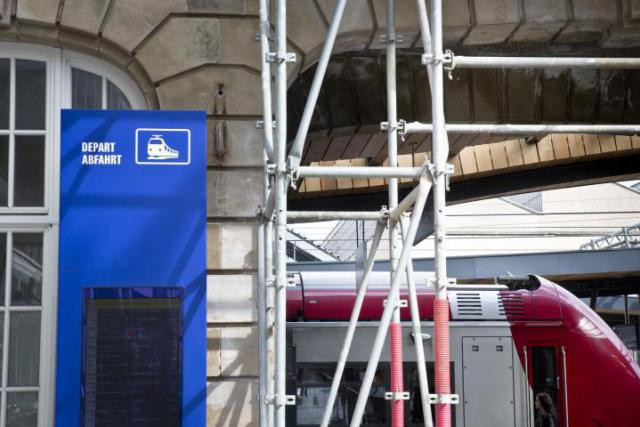Responding to a parliamentary question from MP Yves Crutchten (LSAP) on Tuesday, Bausch said the rates were an improvement upon 2017 when 94.1% of trains left on time and 90.8% arrived on time, where “on time” is defined a delay of fewer than six minutes.
Cancelled trains were not taken into account in the figures.
Domino effect
Bausch explained that even slight delays can lead to knock-on effects for other lines. He explained that 39% of delays were created as a result of a domino effect, for instance as a result of a late train blocking a track.
Although, he said that the extent of this impact is in decline since 2017, thanks to a shake-up of the rail timetable. In 2018, 9% of delays were incurred as a result of a lack of specific features on trains. Bausch explained that CFL engines must be equipped with the European Train Control System. Meanwhile, breakdowns were responsible for 7% of delays (down from 11% in 2017).
Cancellations
The number of cancellations rose 0.4% from 2017 to 2018, with 3.1% of all trains cancelled.
“External causes”, including cars blocking level crossings and collisions with animals or people, were attributed with causing a third of cancellations. Lack of material was cited as the second cause of cancellations. Problems related to availability of trains accounted for 10% of cancellations and strikes, notably those on the French SNCF line, caused some 0.7% of cancellations.
On the horizon
CFL is in the process of updating its network, notably extending the central train station in Luxembourg City, constructing a new line between Luxembourg and Bettembourg, and replacing level crossings with underpasses.
In April 2019, it will have completed its second viaduct in Pulvermühle and double track to Sandweiler-Contern. From 2021 to 2024, the operator is expected to take delivery of 34 new trains, providing seats for up to 12,600 people on the network.
